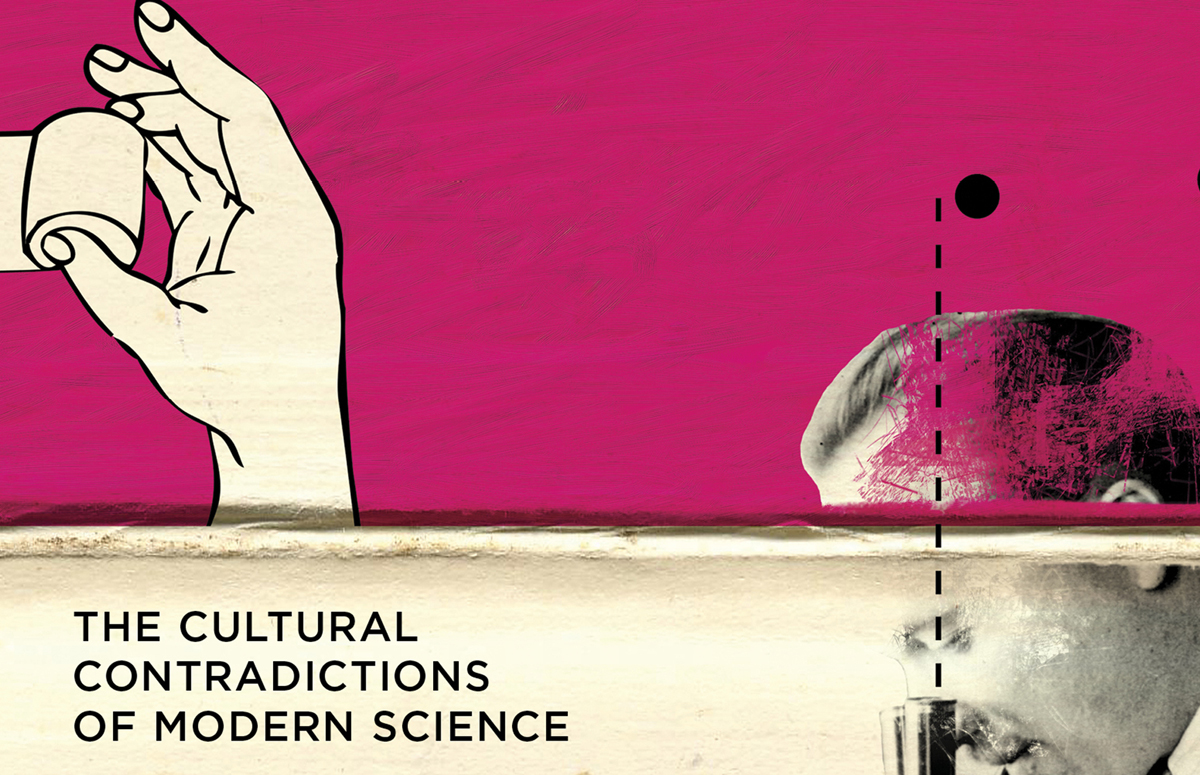Are we facing, as contributor Ari N. Schulman writes in the fall issue of The Hedgehog Review, “a slow-brewing crisis of scientific authority even as we hear ever more eager paeans to science”?
Science has been central to the rise of the modern world. The practices of induction, observation, experimentation, theory testing and falsification – and the invaluable products of those practices – have all had such profound effects on society, culture and our ways of thinking that it is sometimes difficult to identify or delimit the influence of science.
Yet as much as we have come to rely on it, science, like many other contemporary institutions, has been drawn into our highly politicized culture wars. The fall issue of The Hedgehog Review, an interdisciplinary journal published by the University of Virginia’s Institute for Advanced Studies in Culture, focuses on the cultural contradictions of modern science, particularly as they connect with ongoing debates over authority and truth in areas ranging from climate change to morality to the ends and purposes of science itself.
The issue’s thematic treatment opens with essays from two leading historians of science. Lorraine Daston, director of the Max Planck Institute for the History of Science in Berlin, reflects on one of the first great intellectual crises within science in “When Science Went Modern,” while Harvard University’s Steven Shapin argues that science’s ubiquity makes it hard both to appreciate its influence and to think outside the intellectual framework it provides.
Elsewhere, UVA sociologist James Davison Hunter and philosopher Paul Nedelisky expose the dilemma facing various theorists who propose to use science to “establish a truly rational foundation for ethical truth,” while former biologist Paul Scherz, an ethicist at Catholic University of America, describes the trivialization of much life science research, a decline that threatens, among other things, to make scientists themselves obsolete.

Beyond the thematic essays, Becca Rothfeld, a doctoral candidate at Harvard University, questions why women have traditionally been the ones who wait (“Ladies in Waiting”). Noted philosopher and legal theorist Jeffrie Murphy, a professor at Arizona State University, explains why our currently ill-formulated and inhumane notions of punishment reflect a widespread misunderstanding of the principle of retribution (“The Justice of Retribution”). Essayist, author and UVA English professor Mark Edmundson explains why the fine art of dining depends less on cuisine than on comradery and conversation (“Three Ideal Dinners”).
Why is it that everyone is “based” somewhere these days? Whatever happened to simply living somewhere? Writer Matthew Schmitz, in our Signifiers department, takes stock of the deeper meaning behind the terminological shift.
Books reviewed in this issue include “Database of Dreams,” by Rebecca Lemov; “Renunciation,” by Ross Posnock; “Track Changes,” by Matthew G. Kirschenbaum; “The Rise of Corporate Religious Liberty,” edited by Micah Schwartzman, Chad Flanders and Zoë Robinson; and “Dante,” by Marco Santagata.
The Hedgehog Review is published three times a year by the Institute for Advanced Studies in Culture. The spring issue (out March 1) will look at the postmodern self.
To subscribe, visit www.hedgehogreview.com. The journal is for sale ($12) at select Barnes & Noble bookstores, UVA’s main bookstore and online. Read more in the fall issue and follow its blogs, THR Blog and The Infernal Machine, at www.hedgehogreview.com.
Media Contact
Article Information
November 11, 2016
/content/hedgehog-review-examines-cultural-contradictions-modern-science

